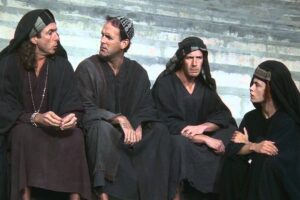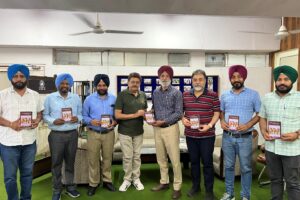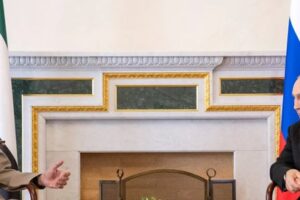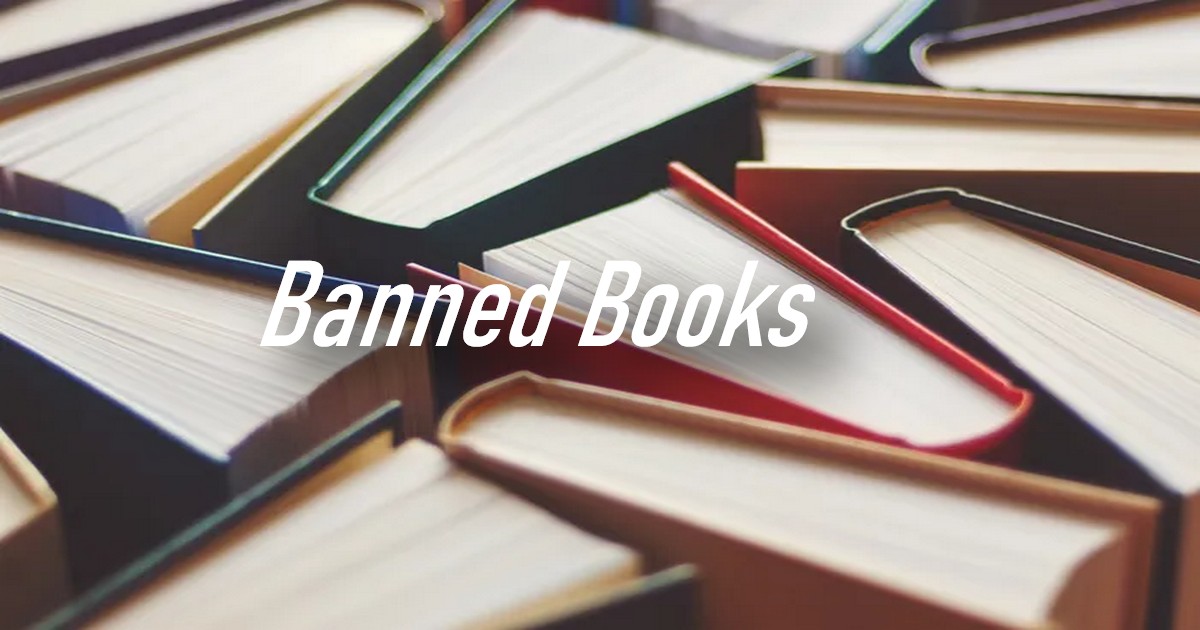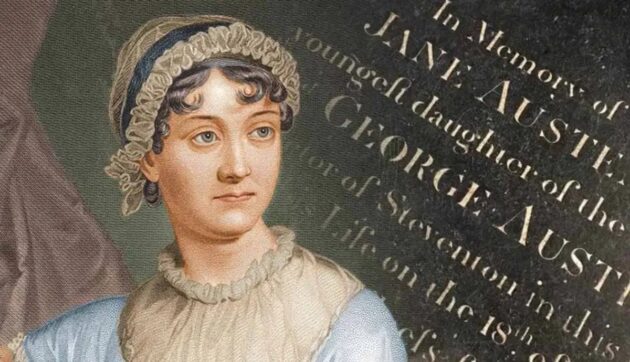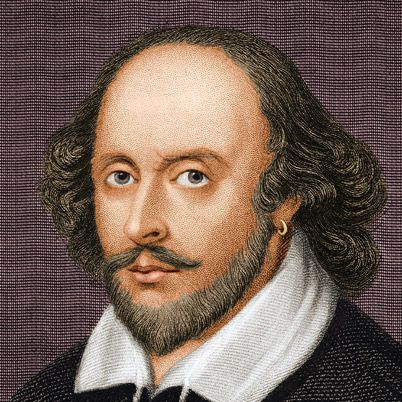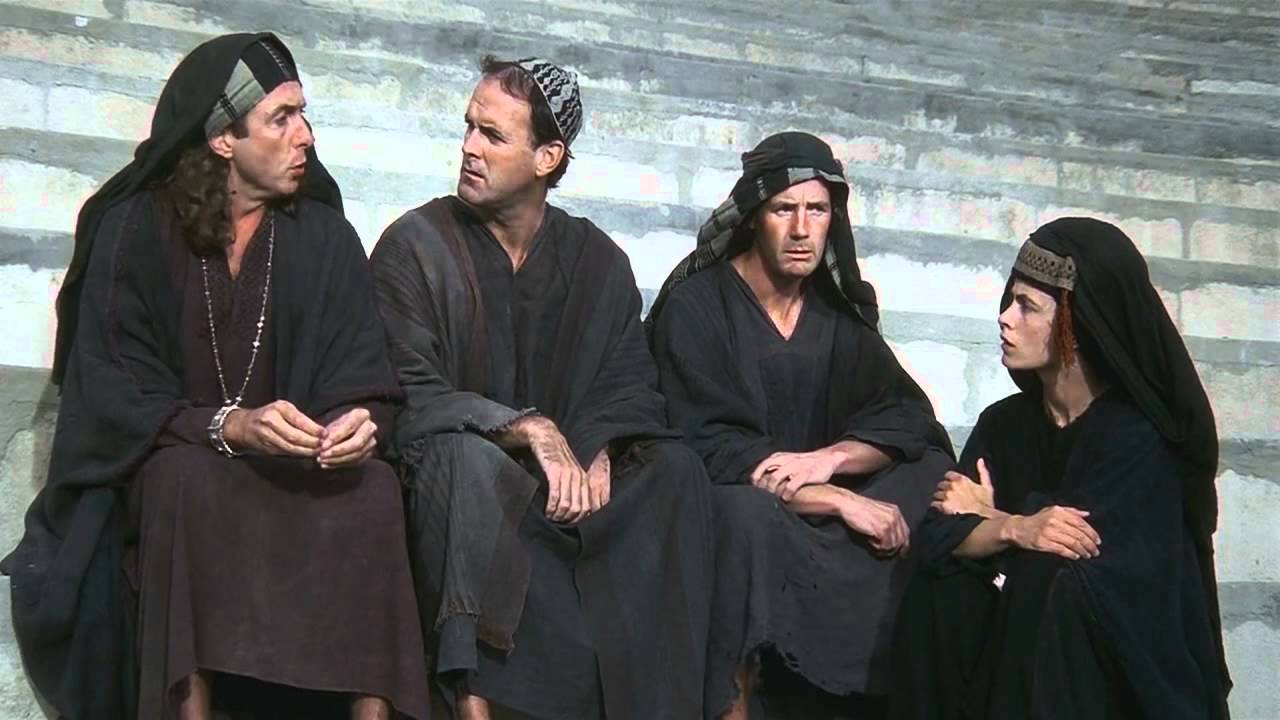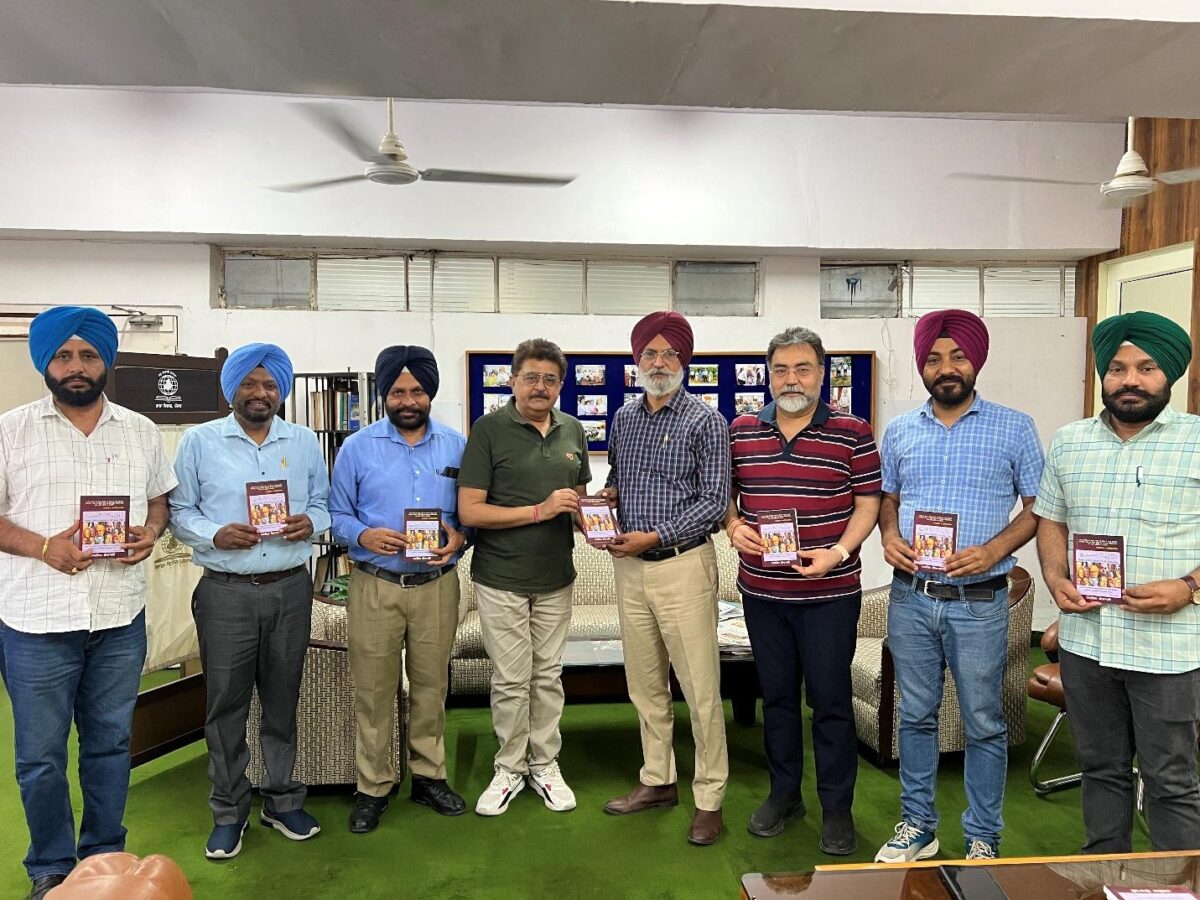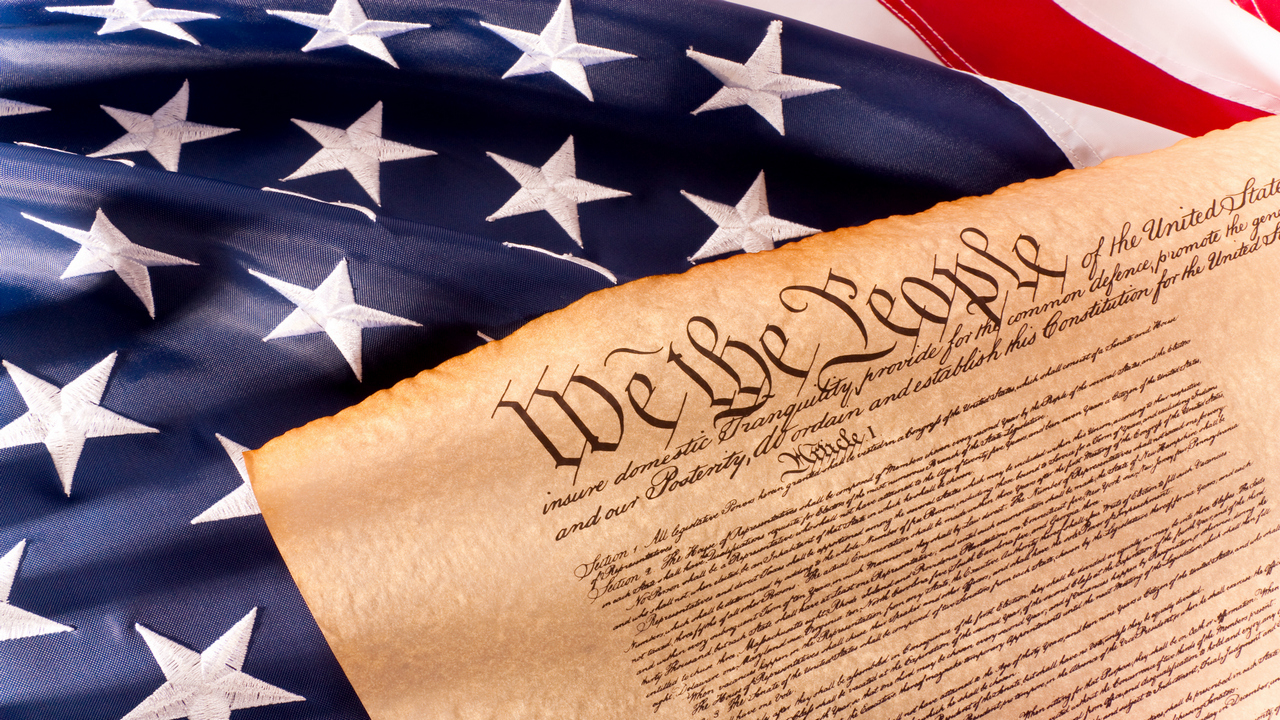In the ever-evolving landscape of education, a concerning trend has surfaced – the removal of classic novels and acclaimed works from school reading lists. Under the banners of “decolonization and diversification” and the aim to “overcome white fragility,” institutions are making significant changes to their curriculums. While these intentions may appear commendable, it is crucial to scrutinize the potential implications of these alterations on our educational system.
Classic literature, often penned by literary giants like Shakespeare, Austen, Orwell, and Dickens, serves as a testament to the evolution of human thought and a window into cultural norms of the past. These texts offer profound insights into timeless themes and human emotions, fostering a connection between generations. Their removal, however, risks depriving students of the opportunity to engage with the thoughts and struggles of their predecessors.
The argument for diversification and inclusivity in education some say is valid, yet the erasure of classic literature raises concerns about the suppression of intellectual growth and the stifling of open dialogue. A curriculum that silences certain voices in the name of political correctness may inadvertently limit the spectrum of ideas students are exposed to. True diversity should embrace a range of perspectives and encourage respectful discourse, rather than eliminate opportunities for critical engagement.
The notion of “overcoming white fragility” is touted as a rationale for these changes, yet it prompts questions about the potential suppression of free thought. Education is a realm where discomfort should be met with dialogue, where students learn to grapple with complex ideas and engage in respectful disagreement. Shielding young minds from discomfort may inadvertently lead to a generation ill-prepared to navigate the complexities of the real world.
Our responsibility lies in resisting this trajectory and preserving the intellectual freedom that education embodies. The fight is not against progress, but against the erosion of diverse ideas and the potential loss of our literary heritage. Striking a balance between celebrating cultural richness and preserving classic literature is essential to creating a curriculum that nurtures critical thinking, empathy, and a deep understanding of the human experience.
By upholding the importance of classic works alongside contemporary voices, we safeguard an education that fosters enlightened thinking and a genuine appreciation for our shared heritage. In these times of change, let us stand as guardians of intellectual growth, ensuring that our educational institutions remain spaces of unfettered exploration, diverse perspectives, and the celebration of timeless wisdom.









